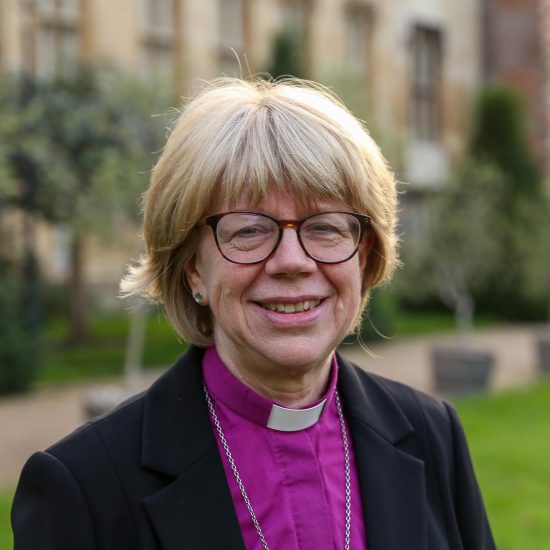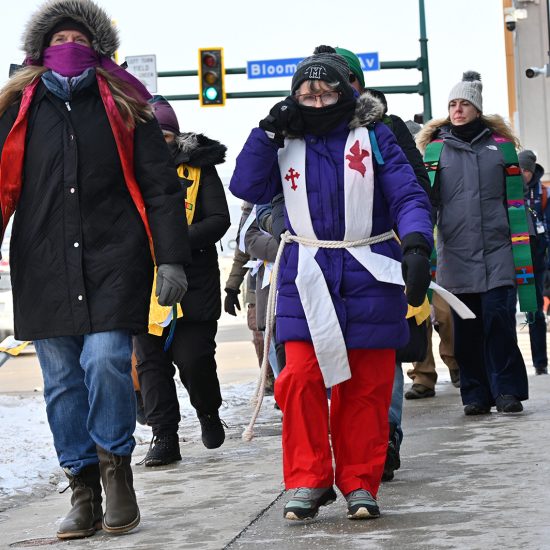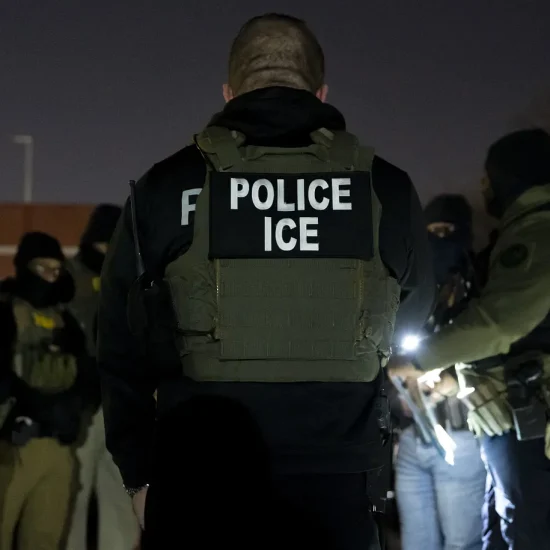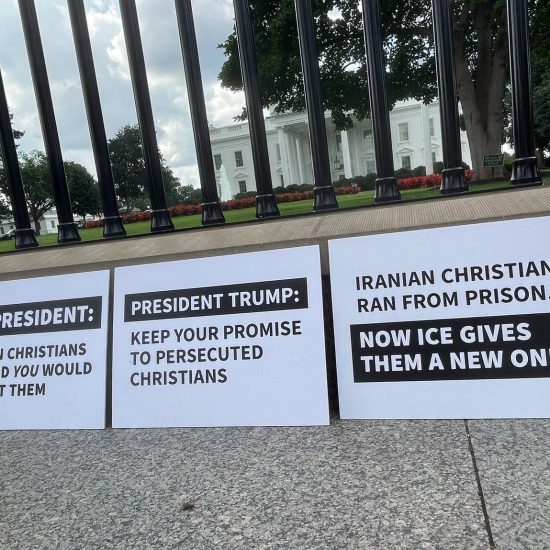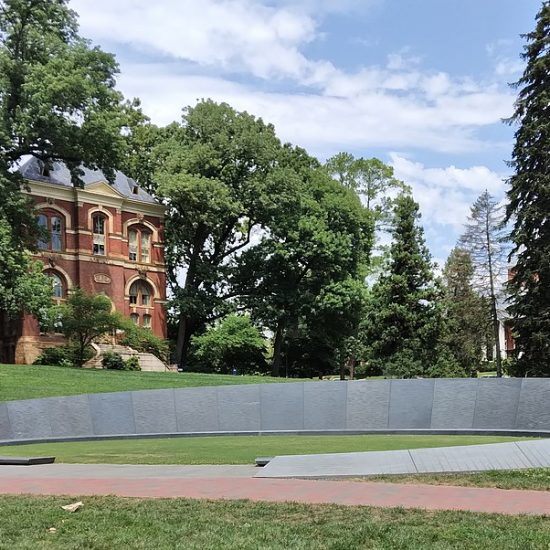
NEW YORK (RNS) — Nine years ago, when New York’s Episcopal bishop, the Rt. Rev. Andrew Dietsche, invited the Rev. Winnie Varghese to chair the diocese’s social concerns committee, she agreed — on the condition that she could found a credit union.
Varghese had attended seminary in the Diocese of Los Angeles when leaders there established a credit union after civil unrest and market crashes in the 1990s had contributed to economic hardship in the city. She saw how credit unions, which are non-profits owned and indirectly governed by those who bank with them, offer higher savings rates, lower interest on loans and easier access to credit.
A decade earlier, in 2003 and 2004, church leaders had discussed the idea but ultimately decided it wasn’t feasible. The diocese instead continued offering short-term loans to people in the community.
“That was really useful in our migrant communities and in poor communities,” Varghese told Religion News Service. “But you can imagine the limitations of that. You’re trying to get money together in this pool, and then, you know, none of us wants to have to enforce loan management from a committee in a church towards vulnerable people.”
Varghese, who also became director of community outreach at Trinity Church Wall Street, the historic church in Manhattan’s financial district, revived the credit union idea, enlisting her parish and the diocese in the cause.
Last November, the Episcopal Federal Credit Union received its federal charter, with initial capital of half a million dollars, half of it contributed by the diocese and half from Trinity Wall Street. The first accounts were opened Thursday (May 18) at a ceremony and press conference held at St. James Terrace, a new affordable-housing complex set to open this summer next to St. James Episcopal Church in the Bronx.
“The credit union will organize our resources to recognize God’s abundance, to share it with our communities and make a difference in the world,” said the Rev. Matthew Heyd. Heyd, who will be consecrated a bishop on Saturday and succeed Dietsch next year, worked closely with Varghese to develop the credit union and has made “economic justice” a focus of his leadership.

Image by Mohamed Hassan/Pixabay/Creative Commons
Sam Brownell, the founder of CUCollaborate, a consultancy that aims to help credit unions “beat banks,” said credit unions help “ensure its customers, or in their case, member owners, are not only treated fairly but actually receive below-market pricing.”
Brownell grew up attending Trinity Church Boston, a landmark Episcopal church on the city’s Copley Square.
“Part of Jesus’ teachings that resonated the most with me was the imperative to care for vulnerable and marginalized individuals,” he said. “Credit unions do this every day.”
About 7 million U.S. households do not have a bank account, according to the most recent federal data. In New York City, 11.2% of households have no bank account, according to city government data from 2017. The highest concentration of unbanked people lives in the Bronx, and most of those are low-income and minorities. Another 21.8% have a bank account but use alternative financial products for some banking needs, which tend to incur higher fees.
“This credit union is not just another financial institution — it’s a lighthouse in the storm for those who have been left adrift by conventional banking systems,” said Dietsche. “It’s our shared response, a tangible reflection of our faith in action.”
The headquarters of the credit union will be at the housing complex, with additional branches in Manhattan’s Morningside Heights at Cathedral Church of St. John the Divine and at Trinity Church Wall Street’s Trinity Commons in Lower Manhattan.
A longtime member of St. James, Raquel Davis, said many community members she talked to at the church’s food pantry while volunteering told her that they are looking forward to joining the credit union.
“Most of us are not wealthy,” said Davis. “It’s impossible for us to get a loan from the commercial banks. So the only opportunity is to go to the loan sharks,” where the interest charged is “overwhelming,” she said.
“Thank you for the opportunity in the credit union because it’s giving us an opportunity to have control over our finances,” Davis told the crowd of about 20 people, many of them bishops from around the diocese, at the opening ceremony.
The Rev. Matt Oprendek, the priest in charge of St. James who helped develop the credit union, said he expects the credit union to accept other new members and deposits in the next six months amid a fundraising drive that aims to secure an additional $300,000 to fund the first five years of operating expenses.
The Episcopal Church convention first recommended a credit union in 1988. In 1990, the New York diocese committed 10% of donations to its endowment funds to economic justice efforts. After Trinity Wall Street’s initial explorations in 2003 and 2004 ended, a 2014 diocesan convention resolution allowed Varghese to put together a small committee to work on meeting the federal requirements of a credit union. Parish members who work in finance offered their expertise.
“We had both need and intellectual capacity,” said Varghese, now rector of a church in Atlanta. “So that was our selling point.”
The National Credit Union Administration approved only three other charters in 2022, according to a spokesperson. Most groups that fail to complete the process lack the capital required.
Many labor unions, communities and religious organizations have created credit unions, including St. Philip’s Episcopal Church in Harlem, which created a small parish-wide credit union in 1951 to help Black congregants access banking services when mainstream banks refused Black Americans.
St. James and other parishes will offer free financial literacy classes along with the credit union, and customer support will help members navigate their financial options.
“It’s building their credit and is an institution that they can talk to if there’s a problem or struggle or difficulty with financial management,” she said. “The idea is that as opposed to charity, we’re inviting people into the system that they should have access to, that we all need to have access to.”

